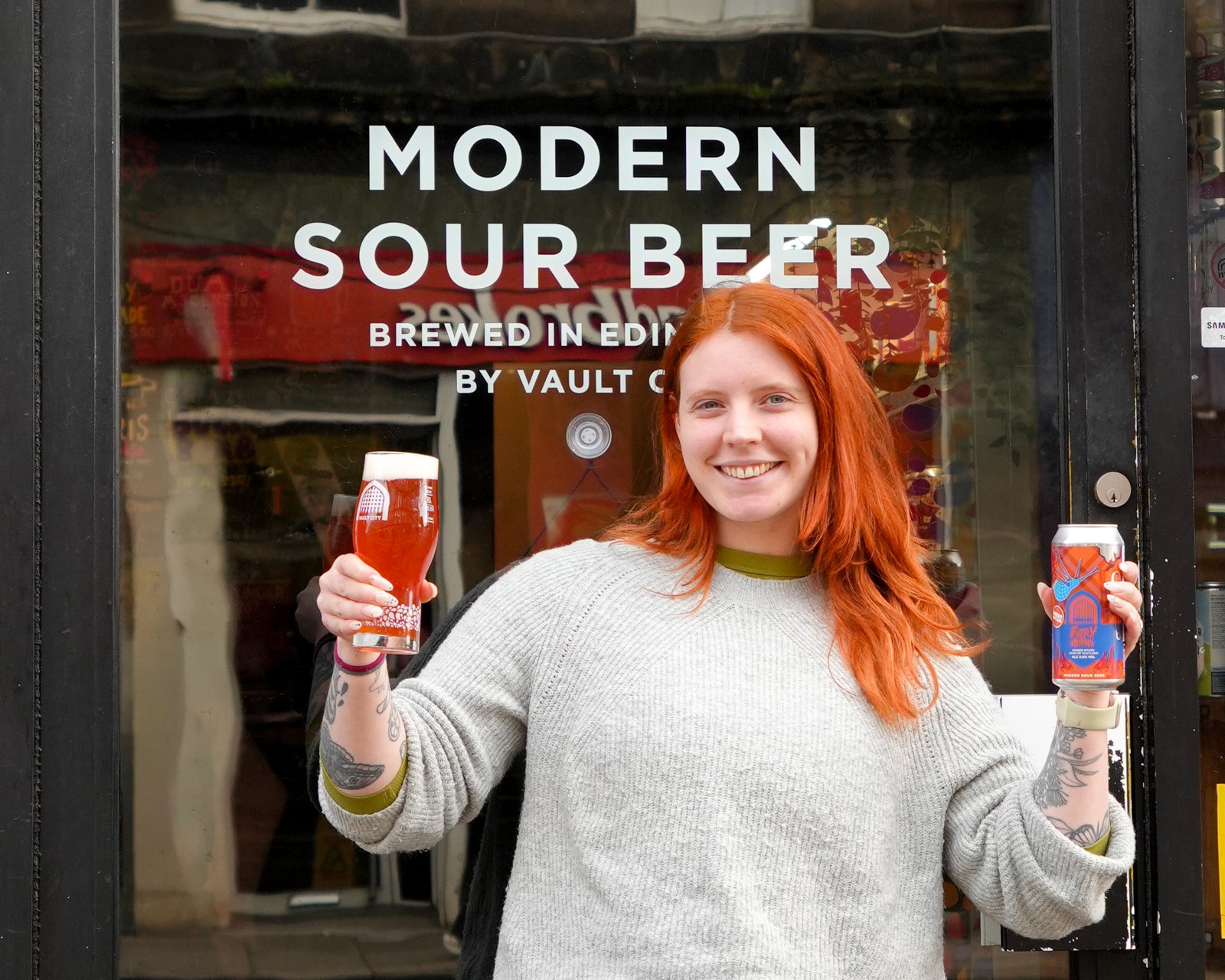A complaint filed to the ASA argued that the ad portrayed alcohol as a remedy for negative emotions, such as boredom or loneliness.
BrewDog defended its message, stating the campaign was intended only to highlight the beer’s reliability and quality, not to suggest it could provide emotional relief or function as a coping mechanism for everyday setbacks.
However, the ASA disagreed, ruling that the advert “used metaphorical language to evoke a sense of camaraderie and reliability,” but also presented scenarios that “would likely result in people feeling frustrated and bored, potentially lonely and would be likely to be viewed as problematic”.
“However, we considered that those scenarios, which would likely result in a person having to wait for an outcome outside of their control and having their day interrupted in a negative way, were likely to result in people feeling frustrated and bored, potentially lonely and would be likely to be viewed as problematic.”
Under UK advertising regulations (specifically, rule 18.6), alcohol advertising must not suggest that drinking can resolve personal difficulties.
The ASA concluded that BrewDog’s ad violated this rule by indirectly proposing beer as a means to manage challenging emotions or minor life frustrations.
The ASA has ruled that the ad must not appear again in its current form and has instructed BrewDog to avoid any implication in future campaigns that alcohol can address issues relating to loneliness, boredom, or inconvenience.
The company has permanently closed several of its bars across the UK in response to financial challenges and changes in the hospitality industry.
You Might Also Like:
In response, BrewDog expressed disappointment, stating the ruling did not reflect their intentions, but confirmed that the offending campaign would not be used again.
This incident is the latest in a series of run-ins BrewDog has had with advertising regulators, reflecting both the brand’s provocative marketing approach and strict scrutiny over alcohol advertising in the UK.



















